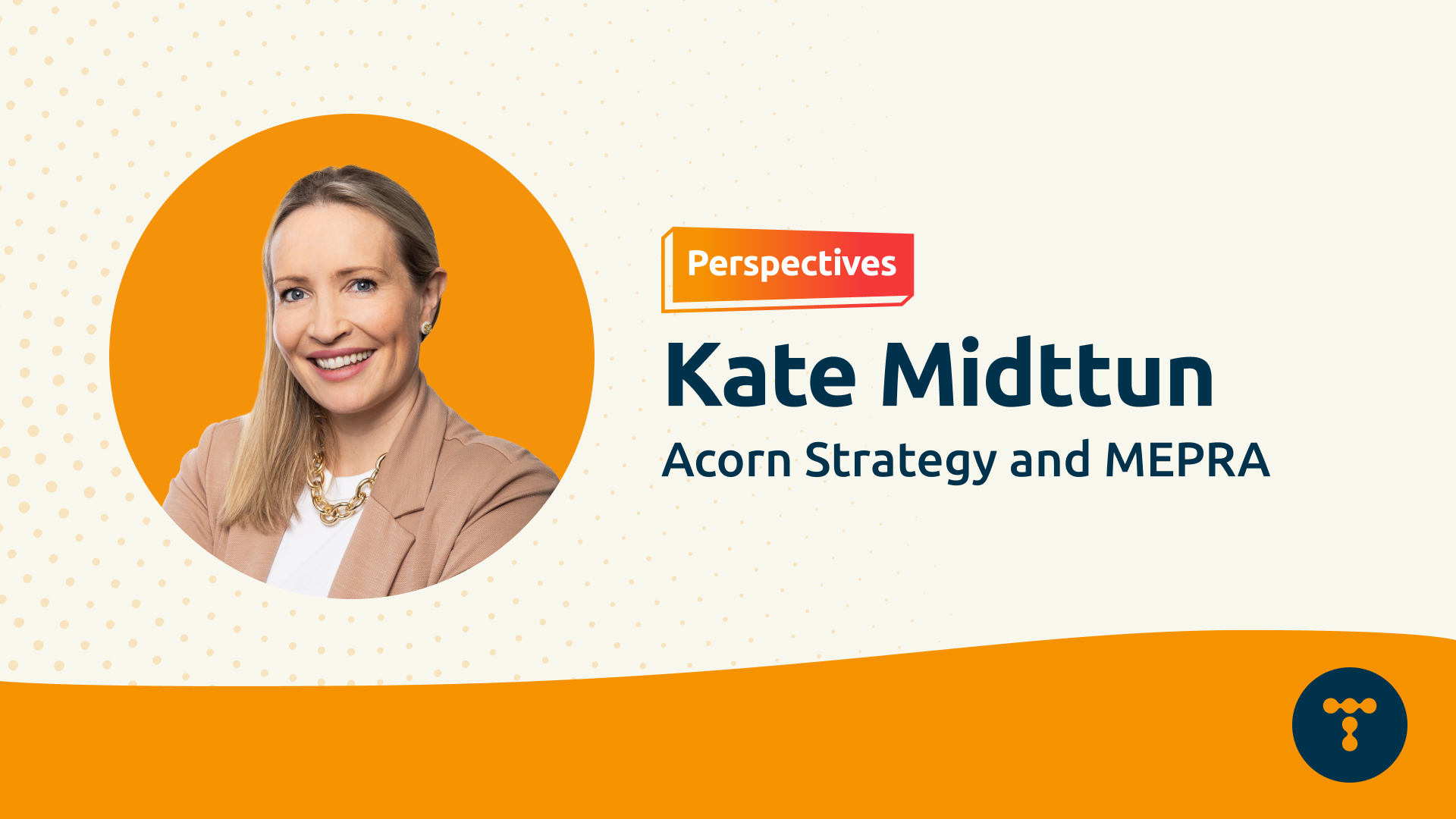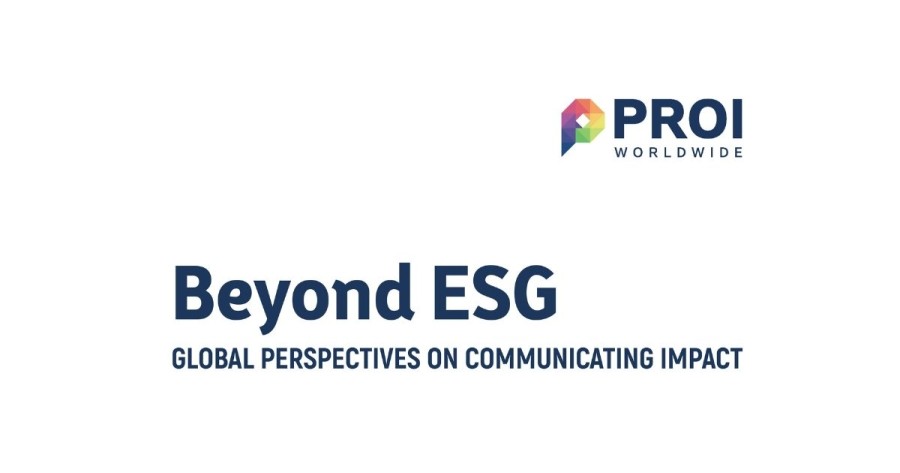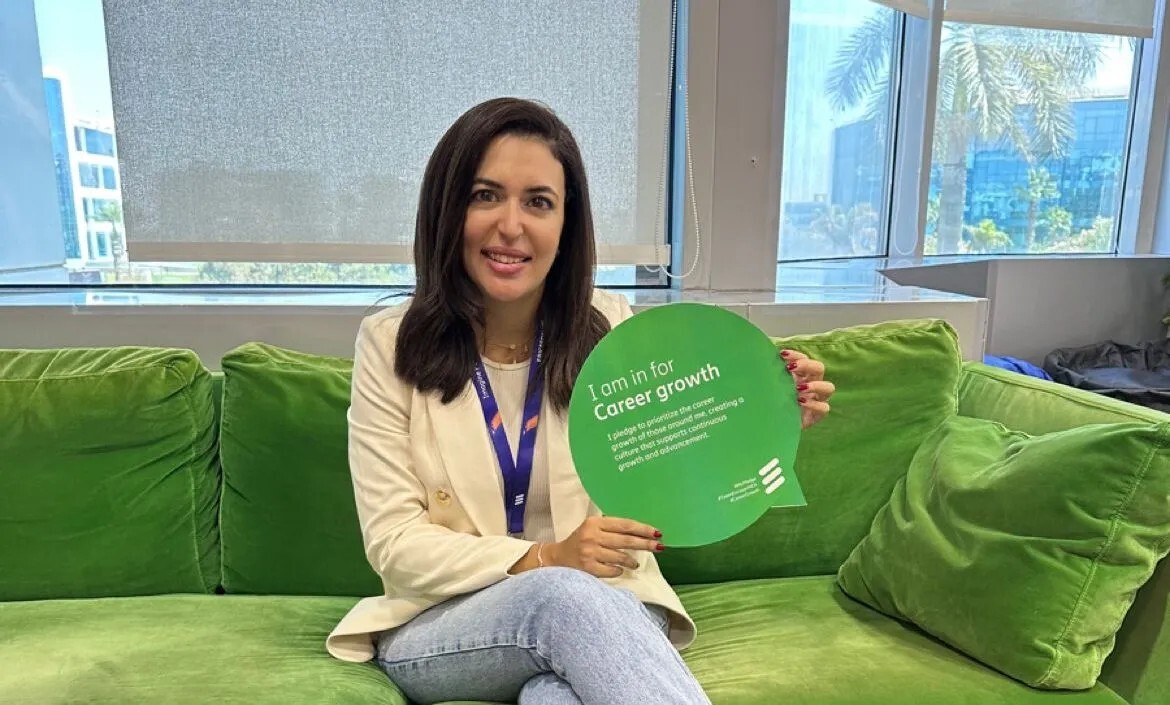'Perspectives' is a Telum Media submitted article series, where diverse viewpoints spark thought-provoking conversations about the role of PR and communications in today's world. This Perspectives piece was submitted by Kate Midttun, Chairperson of the Middle East Public Relations Association (MEPRA) and Founder & CEO at Acorn Strategy.
Over the past two years, we have witnessed a significant shift in the global communications landscape. Against a backdrop of geopolitical uncertainty, economic restructuring and the emergence of new power centres, one region is stepping confidently into the spotlight: the Gulf.
The Middle East has long played a pivotal role in global energy, finance and diplomacy. But today, it is something more. It is a stage for transformation. A place where visions become strategies, and strategies become action. It is also, increasingly, a place where narratives are shaped, contested and amplified. For those of us in public relations and communications, this is a defining moment. The Gulf is not just participating in global conversations. It is helping to set the tone.
This elevation did not happen overnight. It is the result of deliberate investment, future-focused leadership, and an unrelenting ambition to diversify economies, build influence and elevate regional voices on the world stage. From Saudi Arabia’s Vision 2030 to the UAE’s innovation and sustainability drives, governments across the region are not just funding development. They are telling a story about who they are, and who they intend to become.
These stories are not just for the benefit of international investors or the media. They are inward-facing too, designed to inspire pride, cohesion, and a sense of shared destiny. This is where communications plays its most powerful role, not as a tactical function, but as a strategic enabler of transformation. And that is why, across our member agencies and in-house teams, we are seeing demand for more sophisticated, meaningful, and measurable communications strategies than ever before.
But with that opportunity comes responsibility. As the Gulf’s reputation and influence grow, the work of communicators becomes not only more visible but more consequential. We are no longer operating on the sidelines. We are helping define how this region is understood, engaged with and remembered. In that context, three key shifts are shaping our profession and they deserve our close attention.
The first is the rise of sovereign storytelling. Countries across the region are acting more like brands with defined positioning, values and global engagement strategies. This is not surface-level marketing. It is a concerted effort to build reputation capital, attract talent and foster long-term trust. Whether through cultural diplomacy, mega-events or government-to-government initiatives, strategic communications is now central to nation-building. This calls for PR professionals who are attuned to political nuance, aligned with national aspirations and committed to the ethical representation of people and place.
The second is the increasing demand for localisation. Not just in language, but in cultural fluency. The Gulf is not a monolith. Each country has its own identity, sensitivities and communication styles. And within those countries are layered audiences: nationals, Arab expats, global professionals, and growing Gen Z populations who demand authenticity and action. Effective communication in this region means more than translation. It means understanding context, tone and intent. It means knowing when to speak with confidence and when to listen with humility.
Too often, global campaigns fall flat because they treat the Middle East as an afterthought. The result is messaging that feels generic, misaligned, or worse, unintentionally offensive. As communicators, we must advocate for regional strategies that reflect not just market opportunity, but cultural respect. In this, Arabic-first thinking is not just a linguistic choice. It is a strategic one.
Third, and perhaps most importantly, is the growing emphasis on purpose and progress. This region is at the forefront of some of the world’s most pressing conversations: climate resilience, energy transition, artificial intelligence, and the future of work. These are not abstract concepts. They are central to how the Gulf is positioning itself globally. And they are being driven not just by policymakers, but by visionary leaders in business, technology, and civil society.
The role of PR is to elevate these voices with credibility, clarity, and care. It is to create platforms for thought leadership, not performative statements. It is to support organisations in articulating not only what they do, but why it matters - to their communities, their countries, and the world.
At the Middle East PR Association, we see these trends converging into something powerful: a communications profession that is more confident, more connected, and more consequential than ever before. Our region is not just keeping pace with global PR standards. In many areas, we are setting new ones. From content innovation to ethical frameworks, our agencies and in-house teams are pioneering what it means to lead with both creativity and conscience.
But we cannot afford to be complacent. With influence comes scrutiny. And with scale comes complexity. As communicators in the Gulf, we must continue to invest in our understanding of the region’s evolving identity and ensure that the stories we tell are grounded in truth, informed by empathy, and delivered with impact.
Now is the time for our industry to lead with purpose. To step forward not just as brand-builders or media strategists, but as partners in progress. Because the Gulf’s story is still being written. And we have a role in shaping how it is told.
Kate Midttun brings a global mindset to her work in the Middle East. After advising multinationals and public sector entities, she founded Acorn Strategy in Abu Dhabi in 2010 with a vision to deliver integrated communications grounded in commercial outcomes. Over the past 15 years, she has grown Acorn into a multi-award-winning agency with offices across the UAE, Australia, and the UK, with a portfolio that includes sovereign wealth entities, tech disruptors, energy giants and cultural institutions. Kate serves as Chairperson of MEPRA, sits on the Executive Board of The Marketing Society, and is a Trustee for the Future Communicators Foundation.
In her new role, Randa is responsible for leading external communications across the EMEA region, overseeing communications strategy and external stakeholder engagement across multiple markets.


